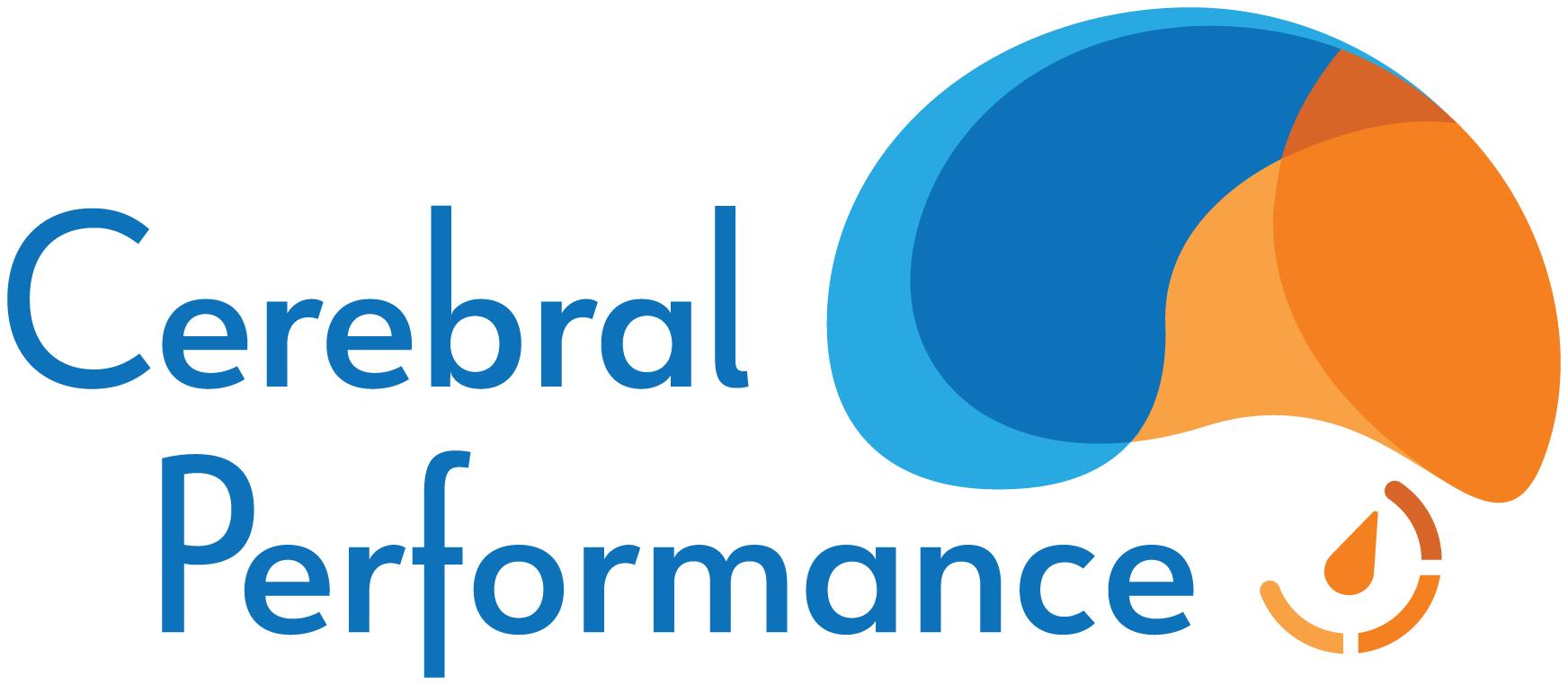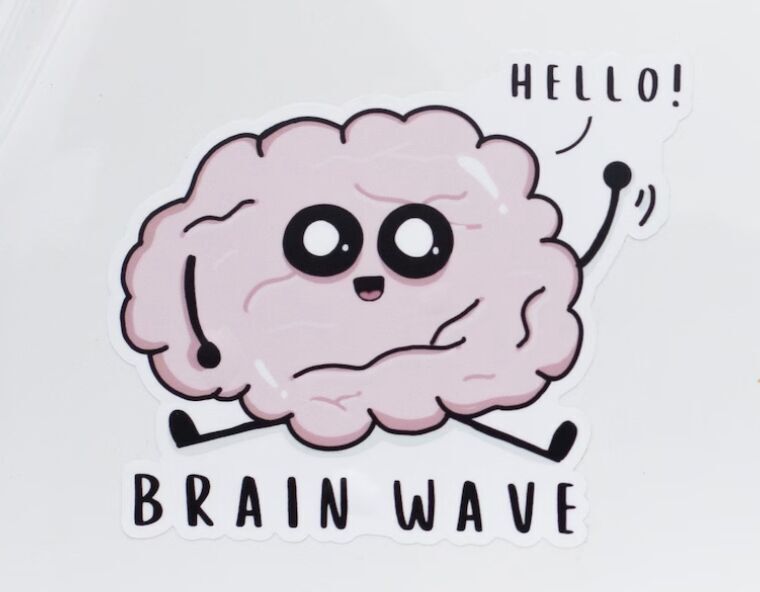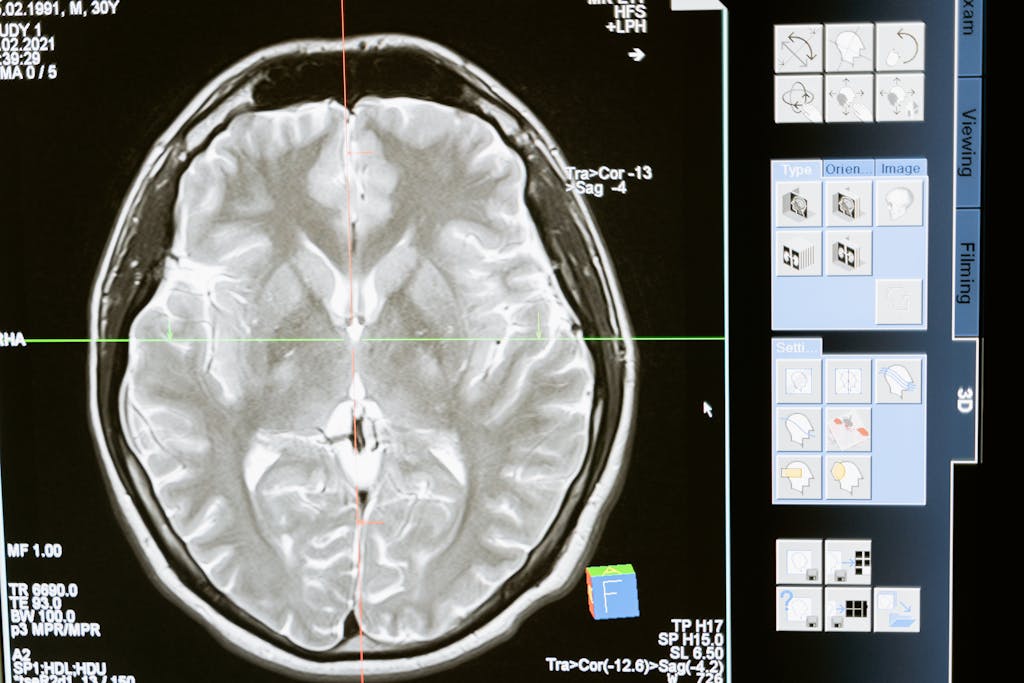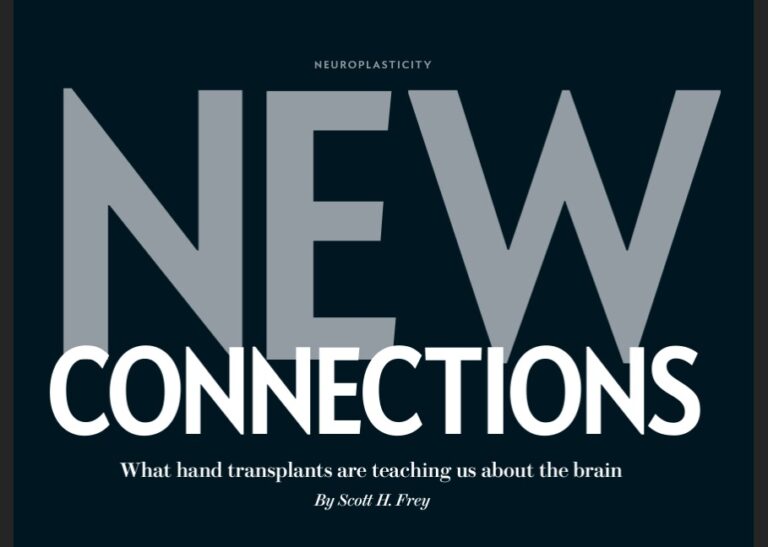Training Your Mind: Unpacking ‘Evidence-Based’ Claims in Sports and Performance
“Evidence-based.” Is it just the new and improved way of saying “new and improved?” Or a bonafide seal of approval? Is it good enough for 9/10 dentists…?
First a brief PSA: If you repeat that something is “evidence-based” without actually evaluating that evidence, then you are part of the problem. 👊
If you are still reading, then welcome! For over 30 years I have been creating and critiquing the “evidence” and training others to do the same.
Nothing raises my blood pressure like seeing “evidence-based” tossed around flippantly. Has it become the “new normal?” 😎
In a series of posts, I will “unpack” (see what I did there? 🙄 ) what “evidence-based” really means, and give you key things to consider when you see that flag planted on products and programs. Here is a start:
What exactly is this “evidence” you speak of?
Many claims count on us not taking the time to actually look (good bet on their part). If your decision involves something more substantial than deodorant, then it may be worth calling their hand.
Getting back to the source can be a challenge. Often your source will have no idea of where they heard it (or be unwilling to provide their cousin’s friend’s sister’s boyfriend’s number).
Analogous situations arise with companies making claims about their products and programs. I could give you specific examples from my world of human performance at work and play, but will cease and desist to avoid getting more of those pesky cease-and-desist letters. 😜
Special shout out to my sisters and brothers in the performance industry selling certain evidence-based brain stimulators, readiness trackers, nutritional supplements, programs and so on. 🤟
Someone making the “evidence-based” claim should be able to point you to peer-reviewed publicationS. If they can’t, then you have your answer. If they can, then there are important considerations because having something published should not be mistaken as an automatic sign of its credibility or absolute truth (this doesn’t exist in our probabilistic universe, but I digress 🔭).
In my next post, I will share my tips on how to sift through published science and efficiently separate the paper from the glass…or…you get the idea.







